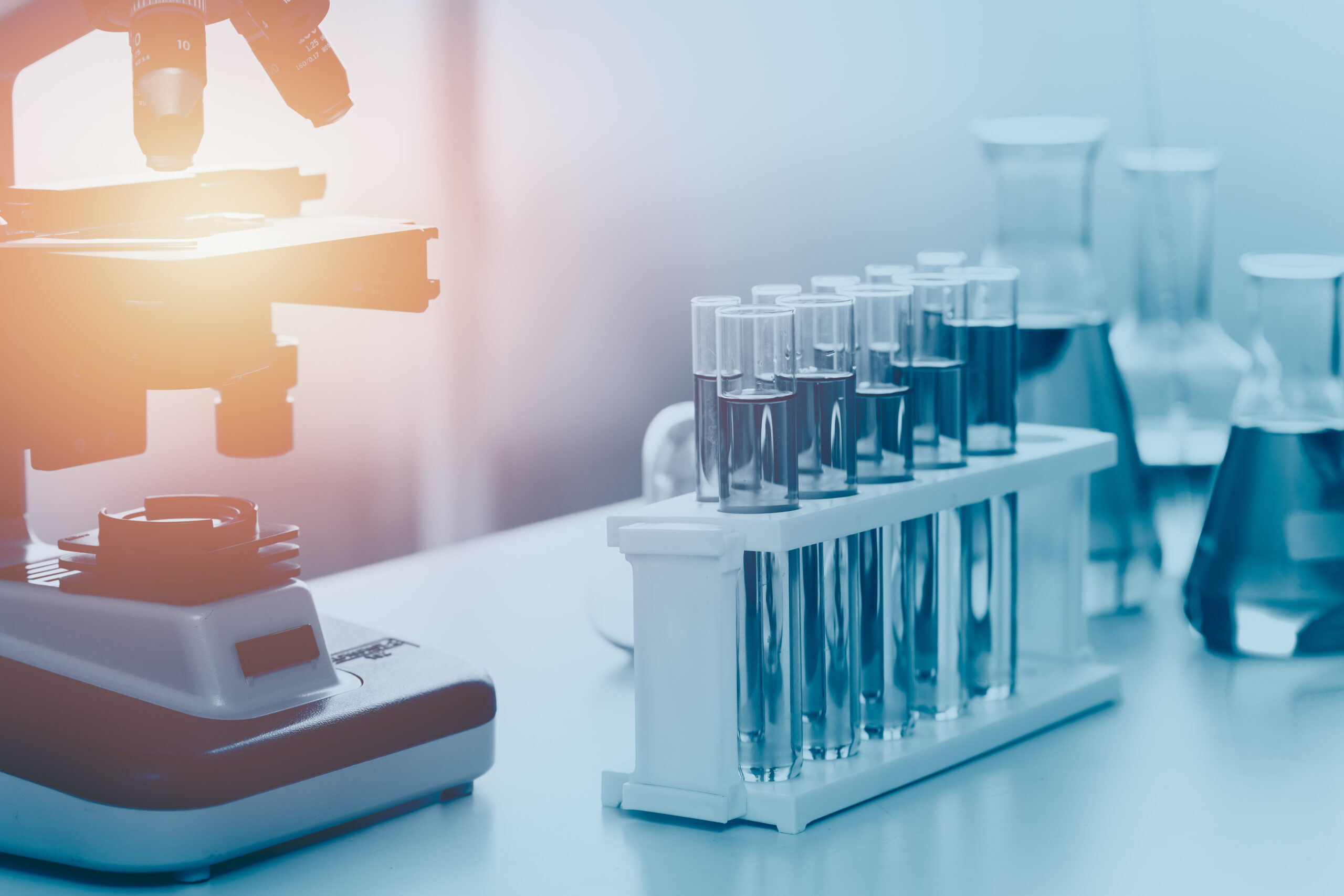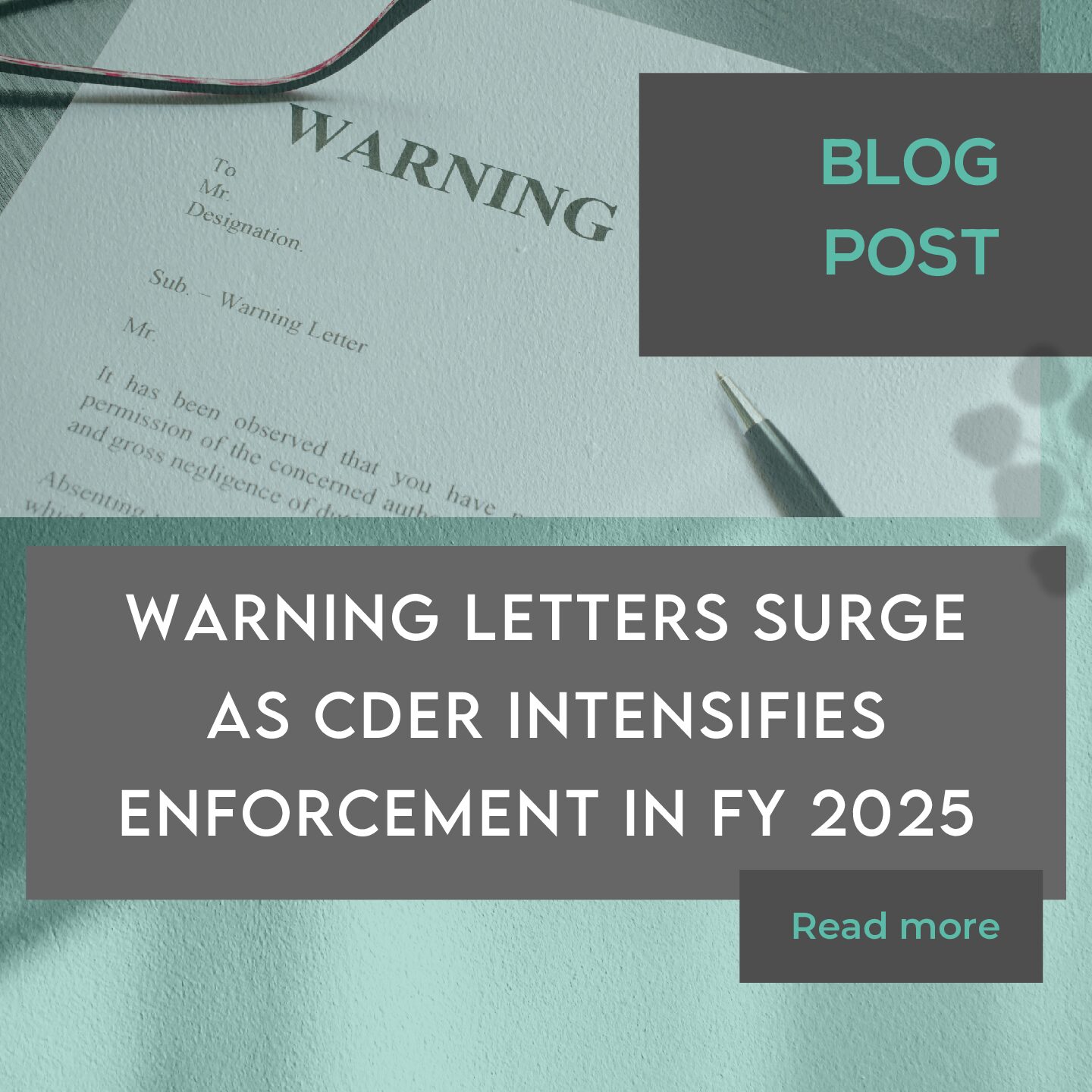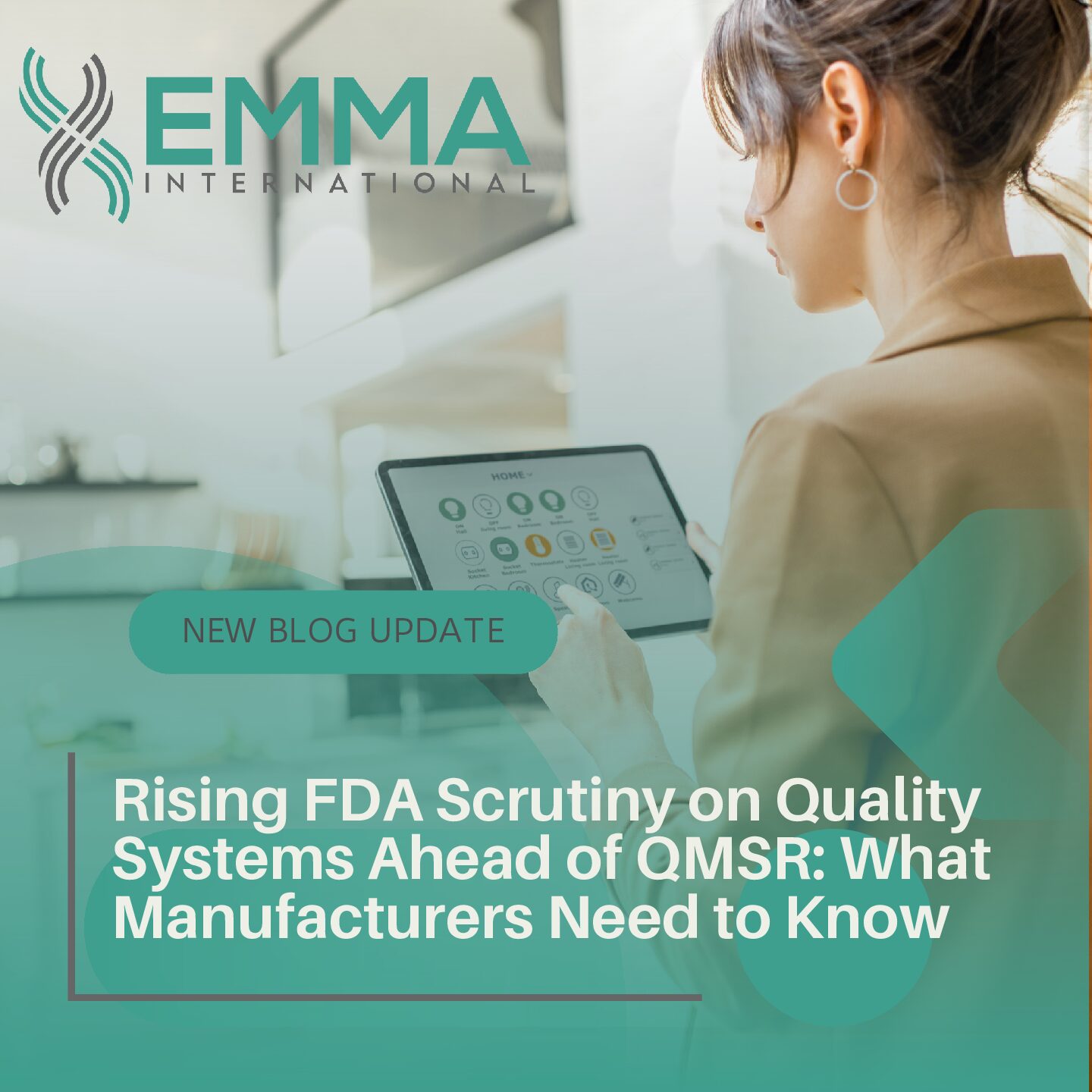In the world of scientific research and development, the integrity and reliability of data are critical. Whether in pharmaceuticals, environmental studies, or chemical testing, adhering to rigorous standards ensures that results are trustworthy and reproducible. This is where Good Laboratory Practice (GLP) comes into play. This blog discusses the concept of GLP, its key principles, and its significance in the scientific community.
Good Laboratory Practice (GLP) is a set of principles intended to ensure the quality and integrity of non-clinical laboratory studies. These studies are fundamental in the safety assessment of chemicals and pharmaceuticals, providing critical data for regulatory submissions. GLP guidelines cover all aspects of laboratory operations, including study planning, execution, data collection, and reporting.
GLP was first introduced in the United States in the late 1970s by the FDA in response to concerns about the quality and integrity of safety data submitted for regulatory approval. The initial guidelines were aimed at preventing scientific misconduct and ensuring that laboratory studies were conducted in a reproducible and auditable manner.
Over the years, GLP principles have been adopted and refined by various regulatory bodies worldwide, including the Organization for Economic Co-operation and Development (OECD), the European Medicines Agency (EMA), and other national authorities. These guidelines have become a global standard, harmonizing laboratory practices across different regions and industries.
Key Principles of GLP
Organization and Personnel
- Responsibilities: Clear delineation of roles and responsibilities ensures accountability. The test facility management, study director, and quality assurance personnel each have distinct duties.
- Training and Qualifications: Personnel must be appropriately trained and qualified for their tasks. Continuous education and competency assessments are essential.
Study Planning and Documentation
- Study Protocols: Detailed study plans (protocols) outline the objectives, methods, and statistical considerations. Protocols must be approved before the study commences.
- Standard Operating Procedures (SOPs): SOPs provide step-by-step instructions for routine operations and ensure consistency and reproducibility.
Facilities and Equipment
- Adequate Facilities: Laboratories must be appropriately designed to prevent cross-contamination and ensure the integrity of samples.
- Equipment Calibration and Maintenance: Regular calibration and maintenance of equipment are critical to ensure accurate and reliable measurements.
Test Systems and Data Collection
- Test System Characterization: The biological or chemical systems used in studies must be well-characterized and controlled.
- Data Integrity: Data must be recorded accurately, legibly, and promptly. Any changes to data should be traceable, and raw data must be archived securely.
Quality Assurance
- Internal Audits: Regular audits by the Quality Assurance Unit (QAU) ensure compliance with GLP standards. Audits include inspections of study conduct, data collection, and reporting.
- Corrective Actions: Identified deficiencies must be addressed promptly through corrective and preventive actions.
GLP ensures that data generated in non-clinical studies are credible and reproducible. This is crucial for assessing the safety and efficacy of pharmaceuticals, chemicals, and other products. Adhering to GLP is often a regulatory requirement for studies submitted to authorities such as the FDA, EMA, and OECD member countries. Compliance with GLP facilitates regulatory review and approval processes.
GLP provides a standardized framework that is recognized internationally. This harmonization facilitates collaboration and data sharing between laboratories and regulatory bodies across different countries.
While GLP has significantly improved the quality and integrity of non-clinical studies, challenges remain. These include keeping up with advancements in technology, ensuring consistent implementation across diverse labs, and managing the increasing volume of data generated in modern studies.
Future directions for GLP may involve greater integration of digital tools, such as electronic lab notebooks (ELNs) and laboratory information management systems (LIMS), to enhance data management and traceability. Additionally, increased emphasis on training and continuous improvement will be crucial in adapting to evolving scientific and regulatory landscapes.
Good Laboratory Practice (GLP) is a cornerstone of scientific research, ensuring the quality, reliability, and integrity of non-clinical laboratory studies. By adhering to GLP principles, laboratories can produce credible data that underpin regulatory decisions, protect public health, and advance scientific knowledge. If you need support with laboratory best practices and principles, contact the GLP experts at EMMA International! Give us a call at 248-987-4497 or email info@emmainternational.com to learn more.
FDA (March 2018) Good Laboratory Practice for Nonclinical Laboratory Studies retrieved from: https://www.fda.gov/about-fda/economic-impact-analyses-fda-regulations/good-laboratory-practice-nonclinical-laboratory-studies





